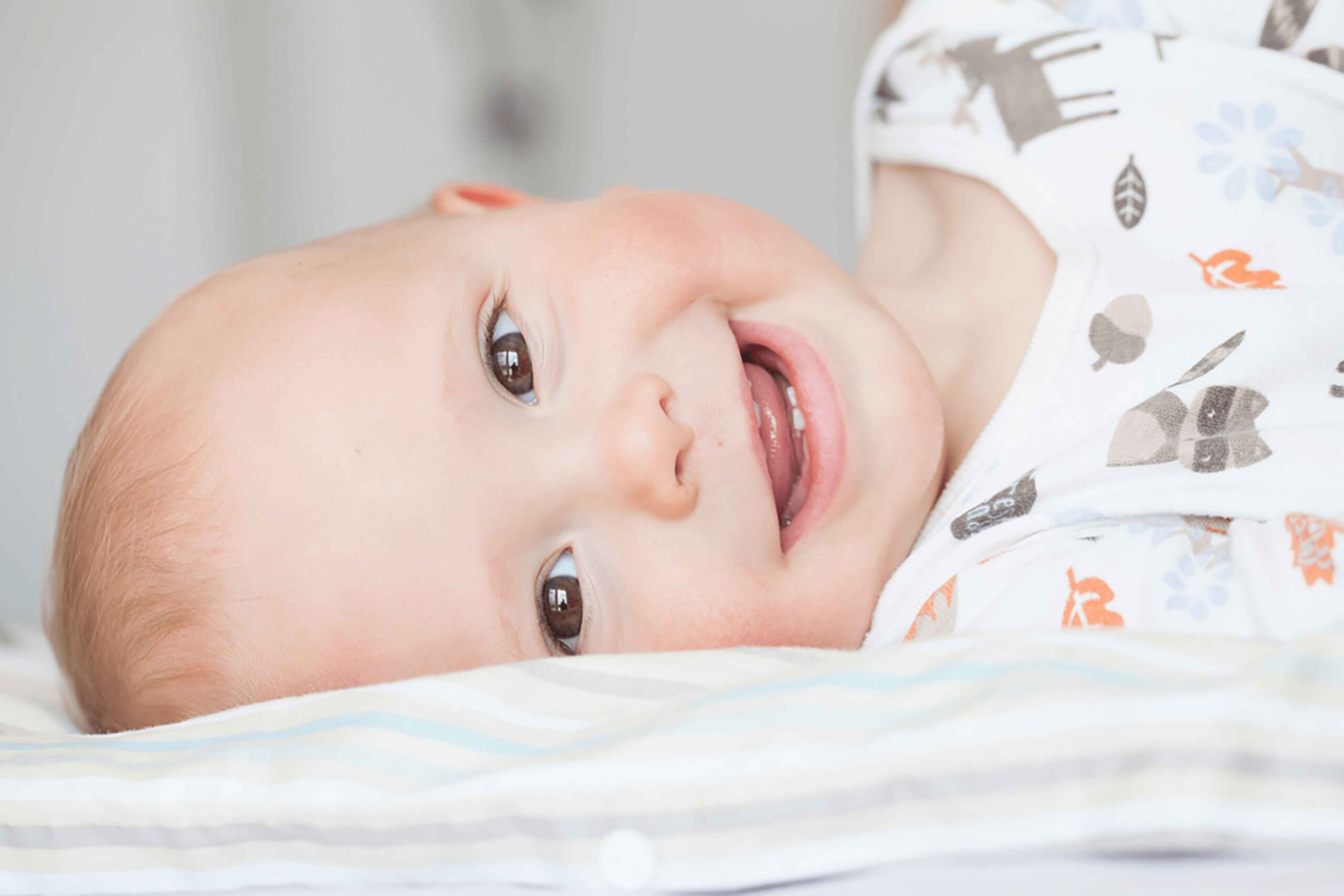Your child was born with 20 teeth lying just beneath his or her tiny gums. While no parent is in a hurry to watch (or hear) their child begin the teething process, it’s natural to worry if teeth take longer than usual to make their appearance.
When do baby teeth erupt?
A child’s baby teeth arrive on their own schedule. That schedule has nothing to do with when his or her parents’ teeth first erupted when they were infants. Neither does it have anything to do with when her siblings’ teeth first erupted. The timing of teeth’s first eruption varies from child to child.
Having said that, the most common time for a baby’s teeth to break through their gums is by the age of six or seven months. Don’t be concerned if you’ve passed the seven-month mark and are still waiting. The first appearance of teeth generally falls within a range from three months at the short end to eighteen months at the upper end.
The arrival of teeth at the early or late end of that range doesn’t indicate a problem. It’s just an example of the normal variations from person to person and infant to infant.
Should you be concerned about the delayed arrival of baby teeth?
There are things that can cause the arrival of your child’s first teeth to be delayed: the teeth may be positioned abnormally; there may be extra teeth present; teeth may be missing; gums may be unusually thick, or eruption may be stalled by an especially dense jaw bone.
If your child’s first tooth has not emerged, but he or she is not yet 18 months old, there is no reason to be alarmed. Once the eruption of the first tooth falls outside the common range — at the 18-month point — a pediatric dentist near you will investigate potential explanations for the delay. What will they do? Your child’s dentist will likely take a panoramic X-ray of your child’s mouth and jaws to rule out any common or concerning causes for delayed eruption.
The causes are generally not serious at a child’s young age, but can sometimes lead to orthodontic issues later in life. A children’s dentist will want to identify any issues at the earliest possible age, so that can intervene efficiently to minimize future challenges.
When should your child go to the dentist for the first time?
The American Academy of Pediatric Dentists recommends that a baby see a pediatric dentist soon after their first tooth emerges but no later than their first birthday. That guideline means that parents will be able to ask questions about any delayed eruptions within just a few months of when teeth most commonly arise, and well before the 18-month mark when the delay begins to be unusual.
Apart from being a moment to ask questions about the timing of your baby’s first teeth, seeing your pediatric dentist before your baby’s first birthday may even save you some money. According to a study, children who see a dentist before turning one year old save their parents 40% in dental costs in the first five years of their life.
Here’s the bottom line. When it comes to the arrival of baby teeth, be ready for them anytime after three months. Start to expect them around seven months. Don’t begin to worry until about the 18-month mark. But long before you get to that point, take your child to a pediatric dentist near you. Together, you’ll be able to talk through any concerns, identify any issues, and take any necessary steps to ensure a lifetime of healthy teeth.
